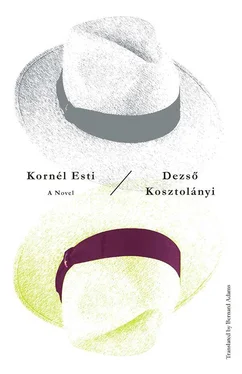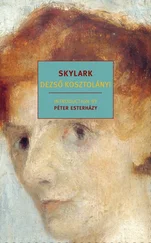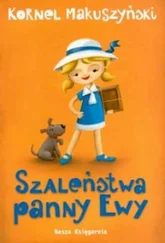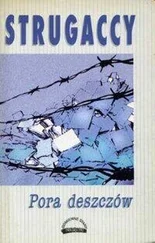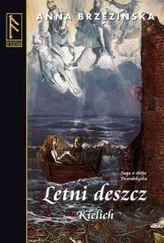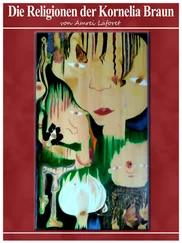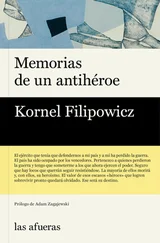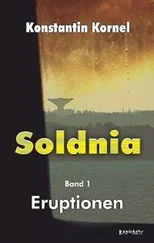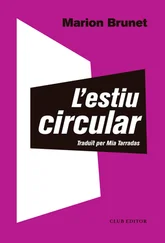In which Pataki is anxious about his little boy, whereas he is concerned for his poem.
ONE WINTER EVENING HE WAS IN HIS STUDY, WRITING TO HIS publisher. His pen was flying over the paper, but suddenly he became aware that he could no longer pay attention to what he was saying. He could hear other voices:
Why do I look into the night? Because I hear the thunder of the planets as they roll, see the distant roving gleam of the star…
He tossed his letter aside. Wrote down those words. Then waited to see if anything would come of it, or whether — as was often the case — the celestial telegraph had broken off, as if there were some remote fault in the transmitter.
This time, however, the lines kept pouring out, completing and illuminating one another. He opened his ears wide. He could hear other voices. He turned his gaze to the green curtain that covered the window. Even through that he could see the starry vault of heaven.
For a long time he jotted down one thing after another. He knew precisely what he meant to say when he’d finished.
He was simply astonished.
He read it over several times. Crossed out three lines in the middle. But had to put them back in. There was not a letter of it that could be altered. It was fine as it was.
He went to his typewriter and made a clean copy.
As he was tapping out the final lines there came a ring at the door. The maid showed in Pataki.
“Hello,” he called from the typewriter without looking round. “Grab a chair. I’ll just be a moment.”
Pataki was standing in the half-light. His face could not be seen.
He could see Esti at the desk, his tousled hair in the golden light of the standard lamp, wreathed in tobacco smoke, as he hammered on at the keys.
Pataki didn’t sit down. Just stood there.
They hadn’t seen much of each other for a while.
His arrival must have been quite a surprise. Esti didn’t speak, however, he hadn’t the time. He went on tapping. After at last typing in his name he pulled the sheet out of the typewriter. He said:
“I’ve been writing a poem. Care to hear it? Two pages of typing.”
Pataki sat in an armchair in the far corner of the room. Esti read slowly, syllable by syllable, so that he should understand every letter of the poem:
Why do I look into the night? Because I hear the thunder of the planets as they roll …
The poem had a great arc, rising surely, smoothly, and descending slowly, gently. He was convinced that this piece of work would stand the test of time, and that years hence he would think happily of that winter evening when he had conjured it out of nothing. The concluding section, in which everything was consummated — just a few atmospheric words, a few exclamations — pleased him especially.
He laid the typescript on his desk.
“It’s beautiful,” came Pataki’s voice out of the gloom after a brief pause.
“You like it?” Esti queried, because as soon as he was praised he assumed the role of the doubter. “You really like it?”
“Very much,” replied Pataki.
He got up from the armchair. He came, slowly, into the pool of light from the standard lamp. He took hold of both of Esti’s hands. He said solemnly:
“Look, I’ve come to see you because I’ve never before been so close to suicide.”
“What?” Esti was startled.
“It’s young Laci,” Pataki stammered. “Young Laci.”
Esti switched on the chandelier. He saw that his friend was deathly pale and trembling from head to foot.
“What’s happened?” he asked. “What’s the matter with him?”
“They’re operating within the hour.”
“What for?”
“Appendicitis.”
“Oh, that’s nothing. Sit down, Elek, come and sit here. Don’t be silly. Would you like a glass of water?”
Pataki took a gulp.
“Oh, I’m finished,” he sighed. “I know I’m done for. But there was no way I could stay in the hospital. We took him in this morning. Now they’re getting the poor boy ready. I couldn’t bear to watch. His mother’s with him. The taxi’s outside. I’ll go in a minute.”
“How long’s he been ill?”
“Well, I’ll tell you all about it. How did it all go, now?” he said, pressing a sweaty, white hand to his face. “Laci complained a week ago that his stomach was hurting. Always had a stomachache, etc. We thought it was indigestion after Christmas. He’d had a lot to eat over the holiday, etc., etc. So we gave him something for it. Purgatives, not too much food, etc. But it got no better. Then this morning he was sick. We called Rátz straightaway, then Vargha, then the professor, Elzász. Turned out it was appendicitis. They’re operating at nine o’clock.”
“Right. So is that all?”
“He’s got a high temperature. Hundred and four. A temperature like that could mean that the appendix is septic.”
“There’s always a high temperature with appendicitis.”
“What worries us is that it might be perforated.”
“That’d bring on the shivers. Has he been shaking with cold? There you are. Don’t worry. There’s no perforation.”
“You think so?”
“Yes, yes.”
“But they’re going to give him a general anaesthetic.”
“Get them to use a local.”
“Can’t be done. Simple as that. Elzász says it’s out of the question.”
“Then they’ll use a general.”
“Only thing is, he’s got a weak heart. Ever since he had scarlet fever his heart’s been so weak he’s had to take it easy all the time, he’s even been excused from gym class. Oh, if anything happens to that boy I won’t survive it. You know what I mean, I wouldn’t survive for a moment.”
“How old is he?”
“Nine.”
“Nine? He’s quite a big boy. Elzász operates on children of two and three, and even then nothing goes wrong. And what’s more, the life force in children is nothing short of miraculous. Those young cells, those unused organs, bursting with life, they don’t even catch things that grown men die of. You can feel perfectly safe. They’ll whip the appendix out, and he’ll be perfectly all right. Up and about inside a week. Tomorrow, no, today even, in an hour and a half, you’ll be laughing about the whole thing. Both of us will.”
Pataki calmed down. After pouring out his terror he had become empty, and looked in amazement round that untidy, stuffy study.
“Disgraceful,” said Esti suddenly, and grimaced. “It’s disgraceful. There I was, boring you.”
“With what?”
“With this trash.”
“What trash?”
“This poem.”
“Oh. No, you didn’t.”
“Of course I did. When you, my poor friend, were in such a state — without any cause, I’ll observe — I treated you to my latest brainchild. Well, that’s hellish, really hellish.”
“No. Honestly, it still did me good to hear it. At least it took my mind off things a bit.”
“Were you able to pay attention?”
“Yes.”
“Did it interest you?”
“Of course.”
“And what’s your considered opinion of it?”
“That it’s excellent. One of your significant poems.”
“Only significant?”
“Very significant.”
“Look here, I’m not fishing for compliments. You know I’ve always loathed that sort of thing. But I need you to give me an honest opinion. Whenever I write something I always think it’s my very best work. Can’t do otherwise. I expect you’re the same. Then I gradually get used to it being there, begin to tire of it, start to have my doubts as to whether it was worth bothering with. For that matter, our whole profession’s a waste of time. Who the hell cares about our heads aching when everybody’s head’s aching? So tell me.”
Читать дальше
